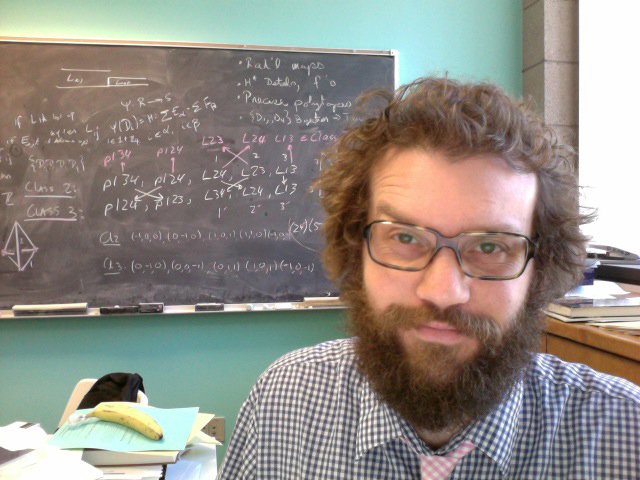
National Science and Engineering Week 2013 in the UK is running from the 15th to the 24th March. The events are coordinated by the British Science Association, though it is other organisations and community groups that actualy run the events and activities. The theme this year is invention and discovery.
For those of you in the UK, follow the link below and get involved in something near you.
National Science & Engineering Week shines the spotlight each March on how the sciences, technology, engineering and maths relate to our everyday lives, and helps to inspire the next generation of scientists and engineers with fun and participative events and activities.
Last year’s National Science and Engineering Week consisted of something like 500 events and activities from thousands of different organisers. More than 2 million people at schools, museums, universities, shopping centres, cafes etc. attended the various events.
Engineering Education Scheme Wales Awards & Presentation Day 2013
Wednesday, March 20, 2013 – 10:00 to 16:00
Celtic Manor Resort, Newport
Follow the link below for more details.
The British Science Association
The British Science Association is a registered charity that exists works to advance public understanding, accessibility and the accountability of the sciences and engineering in the UK.
Link
National Science and Engineering Week 2013
Engineering Education Scheme Wales Awards & Presentation Day 2013







